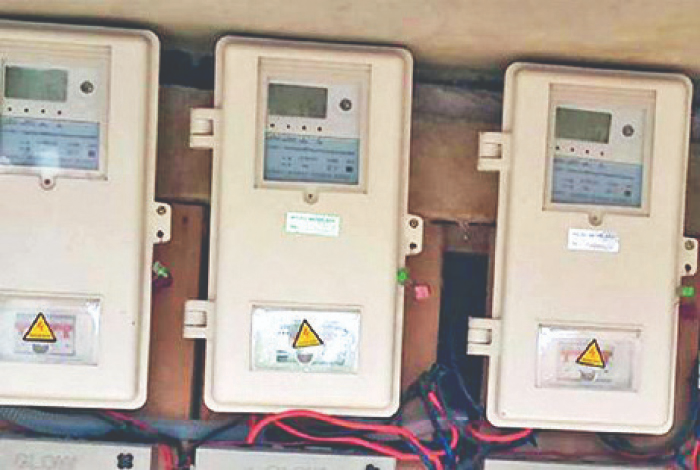
In a move that could potentially impact millions of Nigerians, the Nigerian government has hinted at extending the recent increase in electricity tariffs to customers beyond the Band A classification.
The announcement came just two days after the Nigerian Electricity Regulatory Commission (NERC) approved the tariff hike for Band A customers.
During a briefing held in Abuja on Friday, the Minister of Power, Adebayo Adelabu, outlined the government’s plan to gradually phase out electricity subsidies in the country. He described the recent tariff increase as a pilot phase in this transition process, aimed at attracting more investment into the power sector.
Register for Tekedia Mini-MBA edition 19 (Feb 9 – May 2, 2026): big discounts for early bird.
Tekedia AI in Business Masterclass opens registrations.
Join Tekedia Capital Syndicate and co-invest in great global startups.
Register for Tekedia AI Lab: From Technical Design to Deployment (next edition begins Jan 24 2026).
Adelabu explained, “This tariff review is in conformity with our policy thrust of maintaining a subsidized pricing regime in the short run, with a transition plan to achieve a full cost-reflective tariff over a period of, let us say three years.”
He noted the government’s commitment to mitigating the impact on consumers while gradually moving towards cost-reflective tariffs.
Acknowledging the challenges faced by consumers, Adelabu highlighted the need for this transition, citing the significant financial burden of electricity subsidies on the government.
“We are not ready to aggravate the sufferings any longer, which is why we said it must be a journey rather than a destination,” he stated.
The Minister emphasized the need for a gradual migration from the subsidy regime to a full cost-reflective regime, with certain customers being the first to experience tariff adjustments.
“This is more like a pilot for us at the Ministry of Power and our agencies. It is like a proof of concept that those that have the infrastructure sufficient enough to deliver stable power of enjoying 20 hours of light to be the ones to get tariff add,” he explained.
Adelabu also provided insight into the current subsidy system, revealing that the government previously subsidized 67 percent of the cost of electricity. He highlighted the immense financial strain this placed on the government, stating, “The government would have paid N2.9 trillion for 2024. This is more than 10 percent of the national budget.”
While acknowledging the potential impact on consumers, Adelabu emphasized the need to address other pressing issues facing the country.
“It will be insensitive on our part to compel the government to pay such subsidy when we have other competing issues the government needs to fund,” he asserted.
The Minister’s remarks come amid growing backlash over the recent increase in tariff for Band A electric consumers, with many sounding the warning that it’s capable of crippling economic activities in the country.
While the backlash is largely tied to the concern that the N1225/KWH approved by NERC for Band A customers does not commensurate with the earning power of Nigerians – with the minimum wage currently at N30,000 per month, many believe that there is no moral justification increasing tariffs for other bands currently receiving around 12-hour supply of electricity daily.
Many of the consumers in Band A are already lamenting that they don’t get up to 15 hours of the required 20 hours of daily electricity supply. This means that, even though the customers are paying as much as N170,000 per month on electricity bills, they’d still have to rely on alternate means of electricity supply which don’t come cheap.
Adelabu attributed the backdrop to poor consumption management of Nigerians saying, “We don’t have consumption management in this country. Some people leave their AC and freezers on for days because we are not paying enough for the power.”
However, experts have maintained that the electricity crisis is as a result of insufficient power generation. Nigeria currently generates around 4,000MW of electricity, which is significantly insufficient for its over 12 million consumers.
The government has been urged to address the long-standing challenges within the power sector, ensuring a sustainable and affordable electricity supply for all Nigerians.



